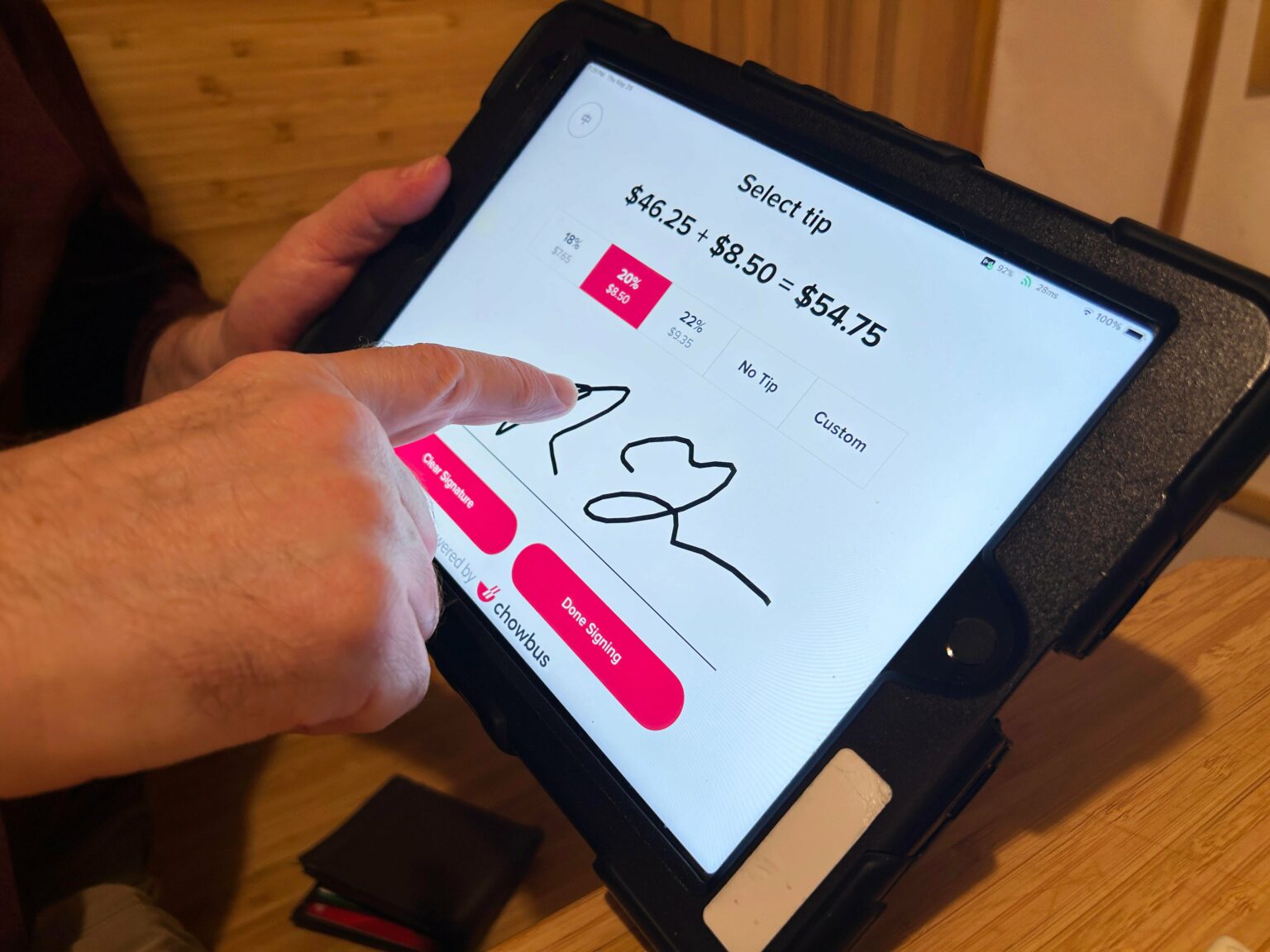In recent years, the practice and culture of tipping in the United States have emerged as topics of growing discussion and sometimes, heated debate. The act of tipping, conventionally seen as a voluntary gesture of appreciation for services rendered, is now perceived by many to be more of an obligatory social norm than a discretionary bonus based on service quality.
A comprehensive survey conducted by CBS News in collaboration with YouGov dives into the evolving attitudes of Americans towards tipping. The survey involved a nationally representative sample of 2,443 U.S. adults and was carried out between July 23-28, 2025. This consultation was meticulously designed to reflect the adult population nationwide, based on variables including gender, age, race, and education from sources like the U.S. Census American Community Survey and the Current Population Survey, and also factors in the 2024 presidential vote. With a margin of error of ±2.4 points, the survey sheds light on the complex dynamics and changing perceptions surrounding the culture of tipping.
Findings from the survey reveal that around two-thirds of Americans now believe that there is an increasing expectation to tip in social and service-driven scenarios. This rising trend transcends numerous sectors, encompassing food service, personal care, and beyond. The diversification and expansion of tippable services challenge the discretionary nature traditionally associated with tipping.
Perceptions surrounding the reasons and necessity for tipping vary. A segment of the population views it as a mechanism to express gratitude and to ensure that service workers receive fair compensation for their efforts. This is more pronounced among older Americans and those employed in sectors where tips traditionally supplement earnings. However, there appears to be a generational divide, as well as differences in perspective based on personal and professional experiences with tipping.
Conversely, there is a noticeable faction that perceives tipping primarily as an additional financial burden. This perspective is influenced by broader economic concerns that have been prevalent in public discourse over the past few years. Many express discomfort with the growing tipping demands, aligning this trend with rising costs of living and perceived nickel-and-diming in everyday financial transactions.
The survey also highlights a palpable ambivalence about the increasing prevalence of tipping. While a fraction sees the amplification of tipping culture as a positive shift towards guaranteeing service workers are compensated fairly, a larger portion expresses reluctance, primarily due to economic strain and the blurring lines between voluntary rewards for good service and enforced cultural obligations. These conflicting viewpoints underscore a broader societal debate about the function and fairness of tipping as a labor practice.
In the broader context, the ongoing dialogue about tipping culture in the U.S. is reflective of deeper economic and social shifts. As the nation grapples with issues such as income inequality and rights for gig and service workers, the customs surrounding tipping are also caught up in these larger debates. Furthermore, the dialogue around tipping etiquette, norms, and expectations is also influenced by changing norms around digital payments and the varied economic realities faced by different demographics.
In reflection, it becomes evident that the culture of tipping is more than just about small acts of pecuniary reward for services rendered. It is a complex socio-economic issue that encapsulates a tapestry of economic, ethical, and societal considerations. To grapple with and understand this culture demands an understanding of the nuances of labor, compensation, and the economic realities of the day.
As part of their ongoing focus on cultural and economic trends, CBS News has been at the forefront of unpacking these developments through their CBS News Eye on Trends. These pieces offer insights into how the opinions and beliefs of the American populace are evolving within the framework of societal trends and policy changes.
Analyzing why Americans tip, how they feel about tipping, and what this says about broader economic motifs and labor rights is crucial in understanding the undercurrents that drive daily decisions and interactions. This broader comprehension can guide policymakers, business leaders, and consumers alike in fostering practices that reflect both fairness and empathy in economic transactions.
This investigation into the state of tipping in America not only reveals a divided landscape in terms of perceptions and practices but also signals a need for dialogue and possibly, policy interventions, to address the contentious issues surrounding this ubiquitous yet often controversial practice. As the nature of work and compensation continues to evolve in the digital age, so too does the need for a reevaluation of longstanding social practices like tipping. The hope is such discussions and studies lead to more sustainable and equitable practices that satisfactorily address the needs of all stakeholders involved.









